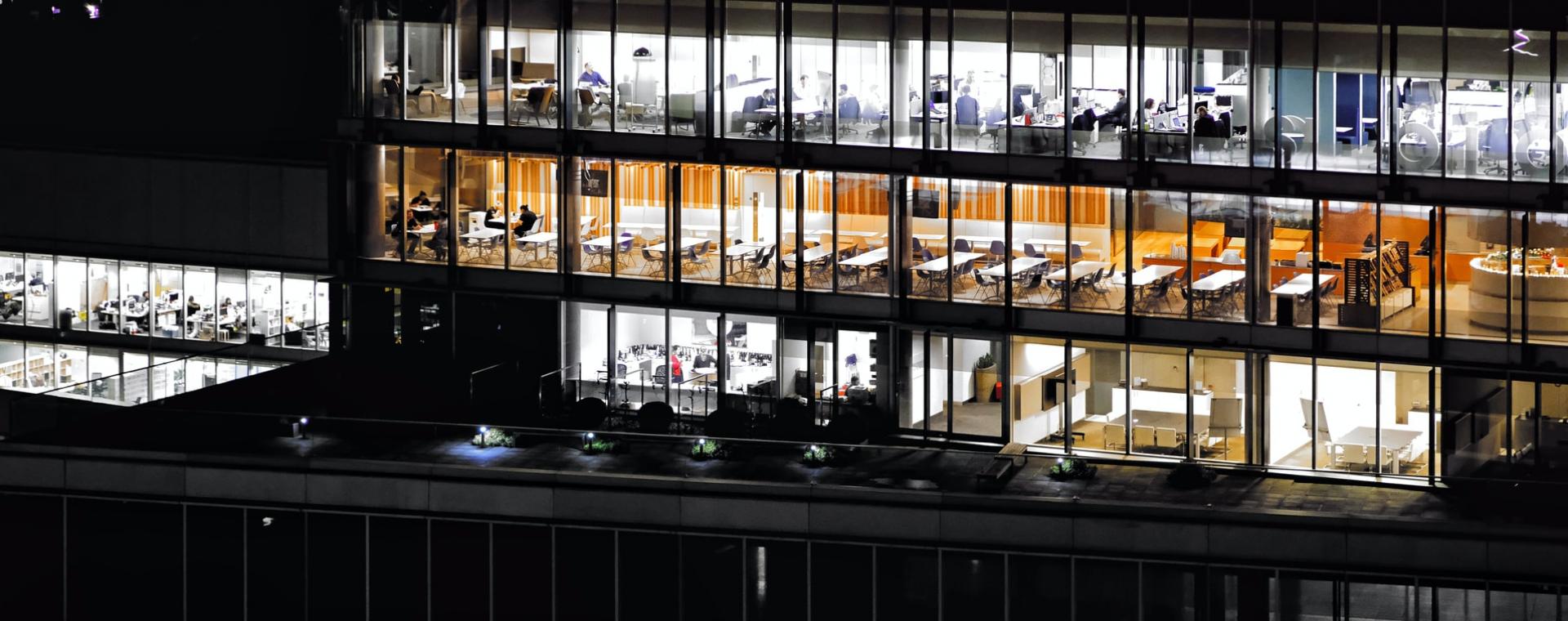Coworking offices are becoming a new working structure
The past 18 months brought a sea change in the working patterns across the globe, as the pandemic restrictions meant that many people worked from home for the first time.
It seems that a majority of firms will continue offer some form of flexible, hybrid working, with major corporates such as Google and PwC announcing permanent changes to their arrangements. Others will abandon the office altogether, and tell employees to work remotely on a permanent basis.
Of course, home working, when it was possible to do so, has been a necessary precaution during the height of the pandemic. However, as society opens up again and the majority of people are vaccinated, the question is, what will our working structure be like in the future?
Collaboration
At first, a change from the daily routine of dressing in smart clothes and commuting to the office was welcome for many of us. However, once the novelty of working in your pyjamas has worn off, the downsides to working from home can become all too apparent; the easy exchanges with colleagues now replaced with tedious video meetings.
Humans have an instinctive need to connect with others, and this is something that cannot be easily replicated on a video screen, as many of us have learned recently. Non-verbal cues can easily be missed, making the experience emotionally draining and unsatisfactory.
The spontaneous chats that happen in passing cannot take place when we work in isolation. A casual, unscheduled discussion during a coffee break can often lead to a problem being solved, or a new idea being brought to the table. Even when the chat is inconsequential, it can help to boost morale on a difficult day, and encourage team bonding.
Inspiration
In a co-working space, there may well be a diverse group of people working on any number of different projects. This is a perfect scenario for networking, where a graphic designer might get into conversation with a web coder, who can pass on new contacts in the industry, or know of a project that needs some extra input.
The digital revolution, which has been well underway for the past decade, has created an army of freelancers and ‘digital nomads’ who are already used to working in coffee shops or even from the beach. Many of them now rely on coworking spaces, either on a full or part time basis, for companionship, inspiration, and networking.
Having a workplace to travel to can provide an important psychological barrier between home and professional life for the self-employed or remote worker, who may not have a suitable home office. Some people who do have the space to work comfortably at home still prefer to get out and about, for that sense of connection with the world.
Flexibility
Many businesses are moving away from a single centralised office. There has been a shift towards a more flexible ‘hub’ located in the suburbs or regional city centres, closer to where the workforce actually lives, Forbes magazine explains.
According to recent research only 8% of employees want to work from home five days a week, while 53% of UK businesses want to increase their collaboration space. This is where coworking spaces come to the fore, as they are managed spaces which are available on flexible contracts, so they can be adapted to whatever needs an organisation has.
The spaces are usually available on rolling weekly or monthly contracts, and so they are perfect for start-ups, who don’t want to commit to a long-term agreement for the first few months of trading. If the team grows in the future, that can easily be accommodated without the hassle of looking for a new office.
A flex workspace creates a curated environment
In the future, workplace strategies will focus on the office as a destination for collaboration and to build social capital. This is ideally suited to coworking spaces, which are able to create communities where like-minded organisations and companies can work in the same place.
Groups with the same ethos survive and thrive when they are able to freely exchange ideas and draw inspiration from those with similar goals. In some cases, different organisations on tight budgets, such as charities, may even be able to share resources. It also makes it more likely that the overall culture of the place will be a good fit.
Working in a shared space creates a dynamic environment where an organisation and its employees are not sealed off from the rest of its sector, but have daily opportunities to work side by side with like-minded people.
Are you looking for a for a coworking space?
If you are looking for a coworking space across the UK, please get in touch today.
